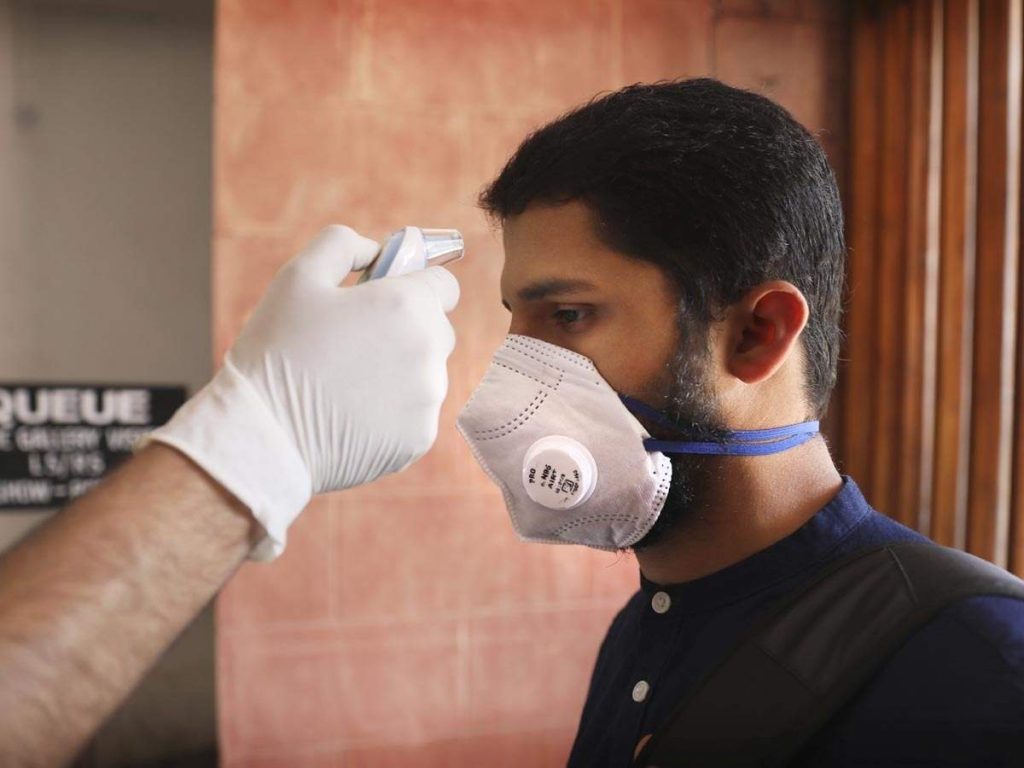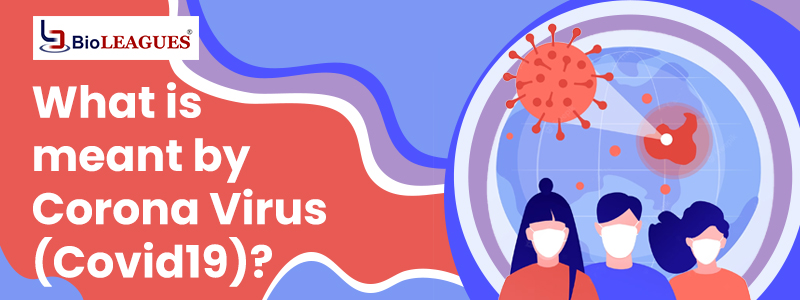The Novel Corona virus, what is it and is it a cause for concern?
This is just another sort of virus that is a part of a consortium of different corona viruses that are already prevalent throughout the globe. While corona viruses generally only have drastic effects on those whose immune systems are feeble and weak, people of age with histories of ailments such as diabetics, cancer patients and those who suffer from chronic respiratory problems are also prone to the drastic consequences of contracting the corona virus.
Symptoms of the Novel Corona virus, what are they?
On contracting the novel corona virus also referred to as COVID-19, one can notice symptoms of the common flu such as dry coughs, fever, breathing difficulties, sore throat, etc. Most of these symptoms are mild to begin with, and gradually progress from moderate to severe. Those who have traveled to and from countries where the impact of COVID-19 has been severe, should all check themselves for these symptoms and immediately report to the nearest medical facility and get themselves checked for the novel corona virus if they notice any symptoms.
Which countries are affected and what has the impact been so far?
At the time of writing this article, the novel corona virus has spread to over 120 countries across the globe. The present death toll stands at 14000+ people worldwide, with the worth hit countries including –
- China accounting for over 3200+ deaths,
- Italy accounting close to 6000+ deaths,
- Iran with just over 1800+ deaths,
- Spain with close to 2300+,
- USA with close to 580+,
- France with close to 860+,
- UK with close to 330+, and
- South Korea with over 120+.
How does the novel corona virus spread?
Owing to the fact that COVID-19 is a relatively new virus not much is known about exactly how the virus spreads from an infected person to a normal person. However, it is widely supposed by experts that the virus spreads through droplets from cough and sneezing. Being close to people who have the corona virus and inhaling these droplets when they sneeze or cough is one way that you can catch the virus. Another involves contact through your hands. When you touch someone or something that has these droplets present on it, and then touch your face or take your hand close to your face, you are likely to contract the virus.
Does the virus survive for long on surfaces?
This depends on several factors including –
- the sort of surface that the virus is residing on,
- the amount of exposure to sunlight,
- variations in humidity and temperature,
- If the surface has been cleaned using disinfectants.
It is estimated by scientists and medical experts that once a virus falls on a surface via the cough or sneeze droplets from an infected person, it lasts between 24 and 48 hours.
Is it is possible for the virus to be transported through cargo, parcels, and packages from an infected country?
At present, there is no evidence to prove that the virus can be transported via cargo, parcels or packages from an infected country such as Italy, China, Iran, or the UAE.
How can I avoid catching/contracting COVID-19?
There are a number of measures that one can take in order to prevent you from contracting the novel corona virus. These include –
- Carrying a box/pack of tissues on your person to cover the fluids emitted while you sneeze or cough and subsequently making sure to throw these used tissues immediately into a bin or disposal unit. Washing your hands after doing so is also recommended.
- Constantly washing your hands either with water and soap or using a hand sanitizer in case you do not have access to water and soap.
Make sure you wash your hands or sanitize it every time you –
- settle down at work,
- get home from work,
- right before touching your face,
- Eat/prepare/pack food.
It is also highly recommended that you keep a safe distance from people whom you suspect to be exhibiting the above-listed symptoms of the virus and avoid shaking hands with people at all costs.
Should I use Soap & Water or Hand Sanitizer?
Washing your hands constantly is said to be the most effective way to prevent yourself from contracting the corona virus. And when it comes to the most effective method of doing so, it is said that your first preference should be using water and soap to wash your hands, the second preference should be hand sanitizer.
Whatever the method is, make sure to clean every part of your hand right from the tips of your fingers to the edges of your palm and wrist.
Do facemasks really help?
There is little evidence to prove that facemasks actually help in preventing people who wear them from contracting the corona virus. Facemasks are only effective when changed periodically (in clinical settings), as they tend to get worn out and become ineffective.
What does self-isolation entail?
Self-isolation can be either if you are being precautionary and refraining yourself from having too much human interaction, or if you suspect yourself to have contracted COVID-19 after detecting symptoms.
Whether you suspect you have the symptoms or are waiting for your test results, it is important that you isolate yourself for at least 14 days.
During this time it is important not to contact anyone or go anywhere because by doing so you might be putting others at risk of contracting the virus from you.
If you have important duties to perform or tasks you need to undertake, resort to asking for help from your friends or family, in which case avoid making any contact with them. If you are in urgent need of food, medicines, or other supplies, order them online, or get a family member/friend to help you out. In such cases, ask them to leave these supplies at your doorstep. Do not, in any event, expose yourself to them or touch them as you might be putting them at risk.
Should I test myself if I begin exhibiting symptoms?

It is always recommended that you test yourself even if you have the slightest feeling that you might have contracted COVID-19 in order to prevent it from spreading to your loved ones and other members of the public.
To test yourself, visit your nearest medical establishment, and ask to get tested for COVID-19. Subsequently, a doctor or a nurse will take a swab sample from your nose and throat, which will then be tested for traces of the novel corona virus. All these samples are transported and handled with the utmost care to prevent leakage and contamination.
Testing a swab sample for traces of the novel corona virus takes anywhere from 24 to 48 hours depending on the pending samples that are waiting to be tested, and the capabilities of the laboratory. Upon the successful testing of the sample, the sample is sent back to the concerned doctor or nurse, after which two scenarios are possible.
- Scenario 1 involves you testing positive for COVID-19, in which case you will be quarantined immediately. Remain calm and hopeful at all costs and also comply with regulatory procedures at all times to prevent the virus from spreading to your family, friends, and the general public.
Scenario 2 involves you testing negative for COVID-19, in which case you are free to return home. However, you will still have to stay cautious and follow all precautionary measures steadfastly in order to stay safe.

